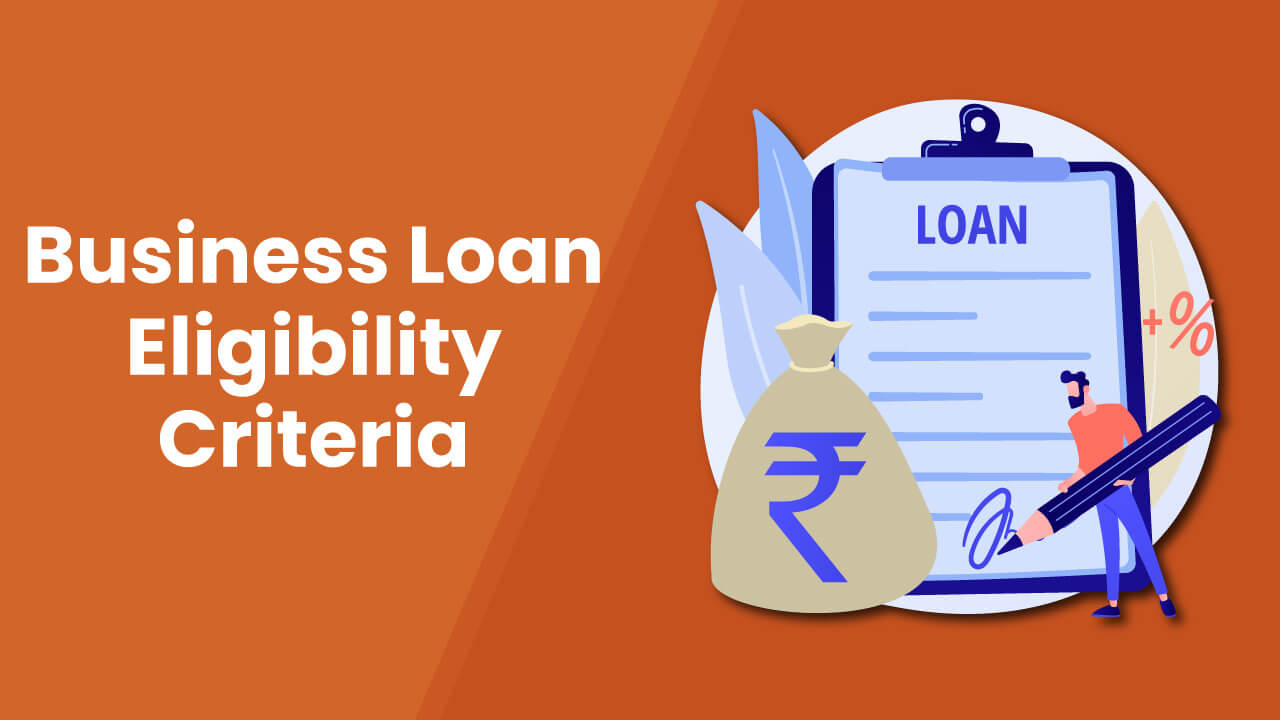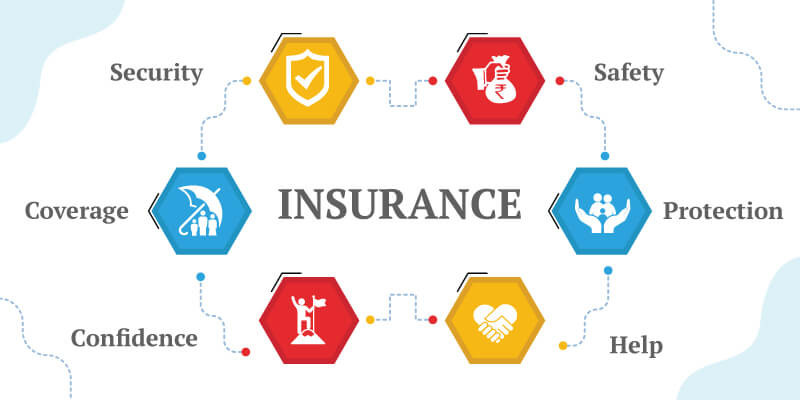Content Attributes
A good understanding of buy-to-let mortgages can prove to be crucial, not only for new landlords but also for existing ones looking to expand in the real estate domain. The buy to let mortgages are usually addressed to landlords that rent the property they bought. While this type of mortgage closely resembles other types, there are some specific details you should know about.
Whether you are a landlord looking to advance on the property ladder or are starting from the bottom, you should receive the best mortgage advice from your broker. This brief guide will cover some things to consider when applying for a buy-to-let mortgage.
What to Consider Before Applying for Buy to Let Mortgages?
This contract is a popular choice among people interested in the real estate business. However, it is not for everyone, as property investments involve some risks. The organizations who offer mortgage services, also known as lenders, want to make sure that you can provide monthly payments for the buy to let mortgages you access. For this reason, lenders may not consider you eligible if you earn below their fixed limits or if you exceed a specific age.
If you decide to continue the process of acquiring a buy to let property, you should analyze the profitability level by conducting market research. The main idea is to pay the mortgage using the monthly earnings resulting from renting the acquired property.
But the rental market is in a continuous change, so there may be times when your property stays unoccupied. It is recommended to conduct a property check to ensure the condition of the building. Your responsibility as a landlord is to deal with the risks and costs associated with renting, mainly tax procedures.
Usually, a buy-to-let mortgage is associated with higher fees and interest rates and also requires a larger deposit. As general buy-to-let mortgage advice, it is known that practices differ from lender to lender, but most of them will require some monetary limits for your deposit and income.
The Minimum Deposit
To get a mortgage, you will need a decent deposit. The deposit represents the money that comes from you and is calculated as a percentage of the property’s value. For a buy to let mortgage, the deposit rate is usually situated between 20% and 40% of that value.
The Amount of Money You Can Borrow
The limit of money you can borrow depends on the expected monthly income that comes from renting out. This income resulting from renting the property should be higher than your mortgage payment. Depending on the rental costs practiced in your area, you should aim for at least 30% more money than what you pay for the mortgage each month.
Other Income Sources
Additionally, some lenders may consider a secondary income source, a standard requirement being at least £25,000 per year.
Buy to Let Mortgages Advice for First Time Buyers
While buy-to-let mortgages target mainly advanced investors, it is also accessible to first-time buyers. However, you might encounter several difficulties on the way, such as the need for a higher deposit. Moreover, if your first real estate acquisition is for commercial purposes, you may miss out on some benefits.
One such example is the first-time buyer relief scheme, available for people buying their first residence. Every advanced investor started somewhere, and they know how hard it can be for a first-timer to succeed in this industry. But fortunately, there are people like brokers who will assist you on your journey and offer valuable mortgage advice.
The difference between the value of the mortgage and the value of the property is called equity. Mortgage equity represents how much of the property you own, the sum of your deposit, and the money you paid off the mortgage so far.
A common strategy involving this equity is using it as a deposit for a new buy to let purchase in the form of a remortgage. For using the equity, you have in your property to access a remortgage, you will have to build a good amount of it. If you follow expert mortgage advice, you will gradually advance on the property ladder, whether you are a first-time buyer or a specialized landlord.
Why is a Mortgage Broker Important?
After searching the market, you finally found the perfect property for you. Your buying offer got accepted, and now you must apply for a buy-to-let mortgage. The broker responsible for mortgage advice and services will facilitate this process for you. In the first instance, the broker will tell you which documents to provide, such as evidence of deposit and bank statements.
Furthermore, he may request details about your other properties and will analyze the income and expenses plan. Finally, after gathering every information, the broker will evaluate your mortgage application. After your application gets accepted, you should find a conveyancer that will handle every legal aspect of the buying transaction.
If you need assistance in this process or any mortgage advice, a mortgage broker will prove to be a great aid for you. He will keep you informed on the status of the application and any services that apply in your case. A good broker offers you advice, including complete details on the different taxes you have to pay and their rates.
Broadly speaking, the taxes divide into taxes on capital gains and income. The capital gains tax varies depending on the type of assets and can be reduced by costs that are deducted from capital gain. The income tax varies depending on your region and can be reduced by offsetting costs like maintenance services.
After Purchasing a Property
In most cases, people need a secondary plan when dealing with unexpected issues. There will be times when you will not be able to rent the property, or the tenants will defer the payment. In such times, it is mandatory to have some savings reserved for mortgage payments. Besides tenant vacancies, other unexpected expenses include costs related to maintenance, repair, and utilities. To avoid the inability to pay your mortgage, consider saving money for rainy days.
Nevertheless, once you overcome the obstacles, you will reap the benefits a landlord has. If everything goes smoothly, the renting generated income will help you cover the mortgage repayments. In the best-case scenario, the property will not only pay for itself but could also bring extra money to your pocket. And this is only the tip of the iceberg, as, if you are a passionate investor, the buy-to-let mortgage gives you endless opportunities.



